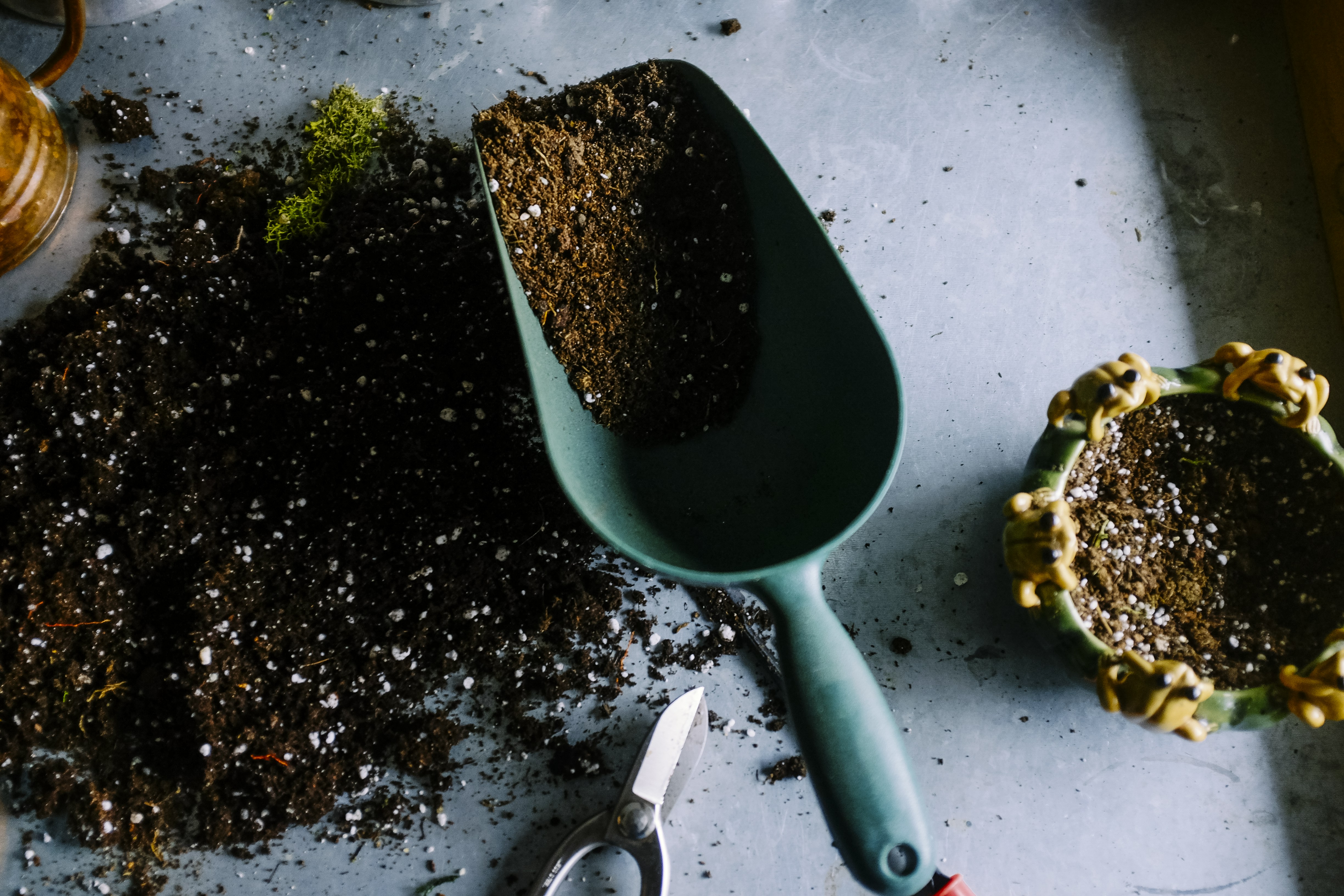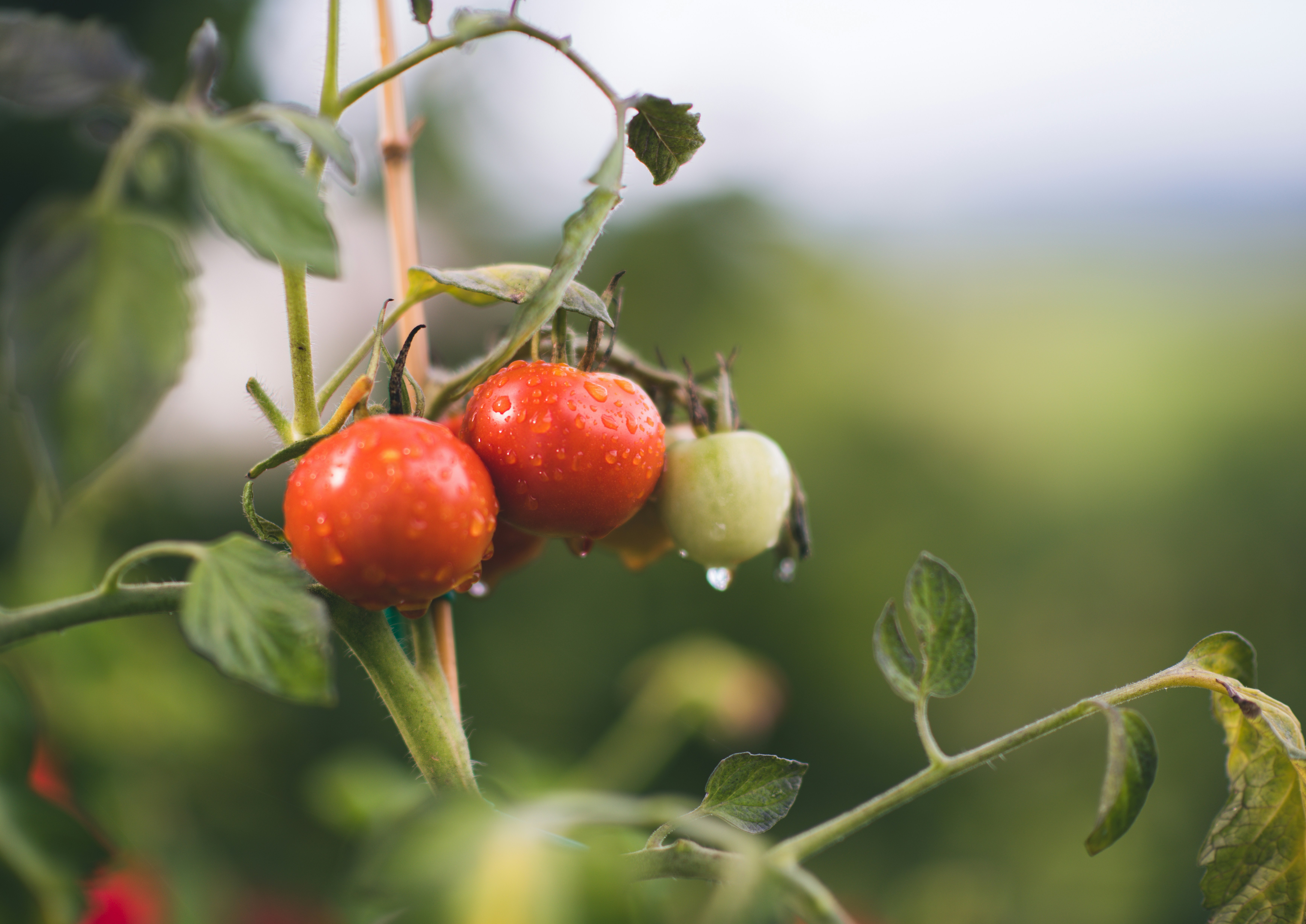👋 Click the mic button to talk to Alfred, the Todd's Seeds Gardening/Sprouting Expert – Feel free to ask him anything!
Ask Virtual Todd Anything - Click the Mic
Organic gardening is a delightful way to connect with nature, encourage sustainability, and nurture a healthy environment. If you’re eager to dig into the world of organic gardening but not quite sure where to start, fear not! This article will equip you with a handful of invaluable tips to help you kickstart your journey towards growing your own organic oasis. Whether you’re a seasoned gardener looking to transition to organic practices or a complete beginner with a green thumb, these tips will undoubtedly guide you towards achieving a flourishing and chemical-free garden. So, grab your garden gloves and let’s get ready to sow the seeds of organic success! Organic gardening is a rewarding and sustainable way to grow your own fruits, vegetables, and herbs. By adopting organic gardening practices, you can minimize the use of synthetic chemicals, support environmental health, and produce nutritious and flavorful crops. In this article, we will explore various tips and techniques to help you succeed in organic gardening.
Choosing the Right Location
When starting an organic garden, choosing the right location is crucial for success. Assessing sunlight and shade patterns is the first step in selecting the ideal spot. Most vegetables and herbs thrive in full sunlight, so pick an area that receives at least six to eight hours of direct sunlight each day. Consider the orientation of your garden, ensuring that taller plants do not cast shadows on smaller ones.
In addition to sunlight, soil quality and drainage are important factors to consider. Well-draining soil is essential for plant health, as it prevents waterlogged conditions that can lead to root rot. Similarly, evaluating the accessibility to a water source is important in ensuring you’ll be able to provide adequate irrigation to your garden.
Preparing the Soil
Before planting, it is necessary to prepare the soil to create a favorable environment for your plants. Start by removing weeds and grass from the designated area. Pull them out by hand or use a hoe to remove their roots. This will prevent competition for nutrients and space.
Next, amend the soil with organic matter. Organic matter, such as compost, adds essential nutrients to the soil and improves its structure. Spread a layer of compost over the area and mix it into the soil using a garden fork or tiller.
To ensure optimal plant growth, test the soil pH and adjust it as needed. Most vegetables and herbs prefer a slightly acidic to neutral pH range. Incorporating sulfur or lime can help modify the pH accordingly. Soil testing kits are readily available at garden centers and provide accurate readings to guide your adjustments.
Utilizing Companion Planting
Companion planting is a strategy where compatible plants are grown together to maximize growth and deter pests. Understanding companion and beneficial plants is crucial in implementing this technique effectively. Some plants have natural affinities for each other, while others repel or confuse common pests.
For example, planting marigolds alongside tomatoes can deter harmful nematodes, while basil planted near tomatoes can enhance their flavor. Additionally, certain flowers like sunflowers and zinnias attract pollinators, which benefit neighboring crops.
Incorporate companion plantings into your garden by integrating the appropriate pairings. By doing so, you can promote plant health and reduce the need for pesticides.
Watering Techniques
Proper watering techniques are essential for ensuring the healthy growth of your plants. Water deeply and infrequently to encourage strong root development. This means watering the soil until it is thoroughly soaked, rather than applying small amounts of water frequently. Deep watering encourages plants to develop deep root systems, making them more resilient to drought conditions.
Watering in the morning is the ideal time, as it allows plants to absorb moisture before the heat of the day. This prevents excessive evaporation and provides plants with the necessary hydration to endure the day.
Consider installing a drip irrigation system in your garden. Drip irrigation delivers water directly to the base of plants, reducing water waste and minimizing the risk of fungal diseases caused by wet foliage.
Mulching for Moisture Retention
Mulching is an effective technique for conserving moisture in the soil and suppressing weed growth. Choose organic mulch materials, such as straw, wood chips, or leaves, to provide a protective layer over the soil. Organic mulches help retain moisture by reducing evaporation and moderating soil temperature.
Apply a layer of mulch around your plants, taking care not to place it directly against the stems to prevent rot. Mulch also acts as a natural weed barrier, preventing weed seed germination and reducing competition for nutrients.
Maintain an adequate thickness of mulch layer, typically around two to four inches, to ensure effective moisture retention and weed suppression.
Controlling Pests Organically
In organic gardening, controlling pests without the use of synthetic chemicals is crucial. Begin by identifying and monitoring common garden pests. Regularly inspect your plants for signs of damage or infestation. This allows you to intervene early and prevent pests from spreading and causing significant harm.
Encouraging beneficial insects and birds is an effective way to control pests naturally. Ladybugs, lacewings, and praying mantises are examples of beneficial insects that feed on garden pests. By creating a diverse and insect-friendly garden environment, you can attract these helpful allies.
Utilize natural pest control methods, such as handpicking pests off plants or using organic pest sprays made from ingredients like neem oil or garlic. These natural remedies can be effective in managing pest populations while minimizing harm to beneficial insects and the overall garden ecosystem.
Managing Weeds Naturally
Weeds can be a persistent problem in any garden, but managing them organically is both possible and important. Mulching is an effective tool for weed suppression. By applying a layer of mulch around plants, you can prevent weed seeds from germinating and outcompeting your crops.
However, some weeds may still emerge. In these cases, hand-pulling weeds is a simple and effective method. Be sure to remove the entire root to prevent regrowth.
Applying natural weed control techniques, such as homemade herbicidal sprays made from vinegar or boiling water, can also help manage persistent weeds. These methods offer an eco-friendly alternative to synthetic herbicides.
Feeding Organic Fertilizers
Feeding your plants with organic fertilizers is essential for providing the necessary nutrients they need to thrive. Consider the nutrient requirements of different plants and adjust your fertilizer application accordingly.
Compost and manure are excellent sources of organic nutrients. Add compost to your soil before planting or use it as a top dressing around established plants. Additionally, well-rotted manure can be applied once or twice a year to help replenish nutrients.
Implement natural soil amendments, such as bone meal, seaweed meal, or fish emulsion, to provide specific nutrients that may be lacking in your soil. These organic fertilizers not only nourish your plants but also improve soil fertility in the long term.

Pruning and Trimming Techniques
Regular pruning and trimming are important for maintaining plant health and promoting productivity. Prune dead or diseased plant parts to prevent the spread of diseases and improve overall plant vigor.
Controlling plant growth and promoting air circulation are additional benefits of pruning. By removing dense foliage or overcrowded branches, you create space for sunlight and airflow, reducing the risk of fungal diseases.
Trim back overgrown plants to maintain their shape and prevent them from encroaching on other plants. This also helps redirect the plant’s energy towards producing fruits or flowers.
Promoting Pollinators in the Garden
Pollinators, such as bees and butterflies, play a vital role in the reproduction of many plants. To attract and support these essential creatures, plant pollinator-friendly flowers in your garden.
Choose a variety of flowers that bloom at different times throughout the growing season to provide a continuous food source for pollinators. Native plants like lavender, coneflowers, and bee balm are excellent choices.
Provide shelter and water sources for pollinators as well. Install bird baths or small ponds for drinking and bathing, and consider adding bee houses or butterfly shelters to provide safe havens for these beneficial insects.
Finally, avoid using pesticides that are harmful to pollinators. Opt for organic pest control methods and strive to create a garden ecosystem that supports pollinators and other beneficial wildlife.
By following these tips and techniques, you can cultivate a thriving organic garden. Remember to be patient and observe your garden’s needs as you adapt and refine your practices. Enjoy the journey of organic gardening and reap the rewards of a sustainable and bountiful harvest. Happy gardening!





